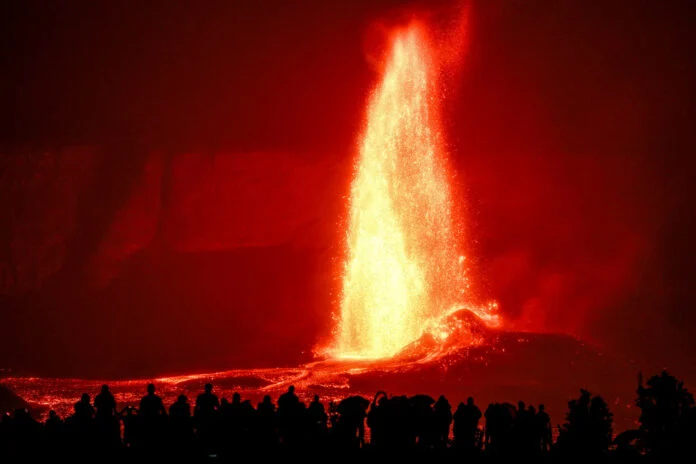Introduction
Markets, or agoras, played a vital role in the economic, social, and political life of ancient Greek cities. These bustling centers of commerce and exchange were not only places for buying and selling goods but also spaces for civic engagement and intellectual discourse. This article explores the significance of markets in ancient Greece, examining their economic functions, social impact, and political relevance.
Economic Functions of the Agora
The agora was the heart of economic activity in ancient Greek city-states, providing a centralized space for trade and commerce.
Trade and Commerce – Merchants, artisans, and farmers gathered in the agora to sell their goods, including pottery, textiles, metals, and agricultural products such as olives and grain.
Currency and Transactions – The use of coinage facilitated trade, with city-states minting their own currencies to standardize economic exchanges.
Craftsmanship and Industry – Many agoras included workshops where craftsmen produced goods, contributing to local economies and export markets.
Social and Cultural Significance
Beyond commerce, the agora was a social hub where citizens gathered for various activities, shaping the cultural fabric of Greek society.
Public Gatherings – The market was a place where people met to exchange news, discuss politics, and engage in philosophical debates.
Religious and Cultural Events – Many agoras housed temples, altars, and statues dedicated to deities, hosting religious festivals and ceremonies.
Education and Intellectual Exchange – Philosophers like Socrates engaged in discussions at the agora, promoting intellectual and rhetorical traditions.
Political and Administrative Role
The agora also played a crucial role in the political life of ancient Greece, serving as a venue for governance and civic engagement.
Democratic Institutions – In city-states like Athens, the agora was the center of democratic life, where citizens participated in discussions and decision-making.
Legal Affairs – Courts and administrative buildings were often located near or within the agora, ensuring accessibility for legal proceedings.
Military Recruitment and Announcements – Leaders used the agora to mobilize troops and inform citizens about military campaigns.
Decline and Legacy
With the rise of larger empires, such as Macedon and Rome, the traditional role of the agora evolved. While Roman forums replaced many Greek agoras, their fundamental function as marketplaces and public gathering spaces persisted in later civilizations.
Conclusion
Markets in ancient Greece were far more than economic centers; they were the lifeblood of civic life, shaping social interactions, political participation, and cultural development. The agora stands as a testament to the vibrant and interconnected nature of Greek society, influencing economic and urban planning in subsequent cultures.







